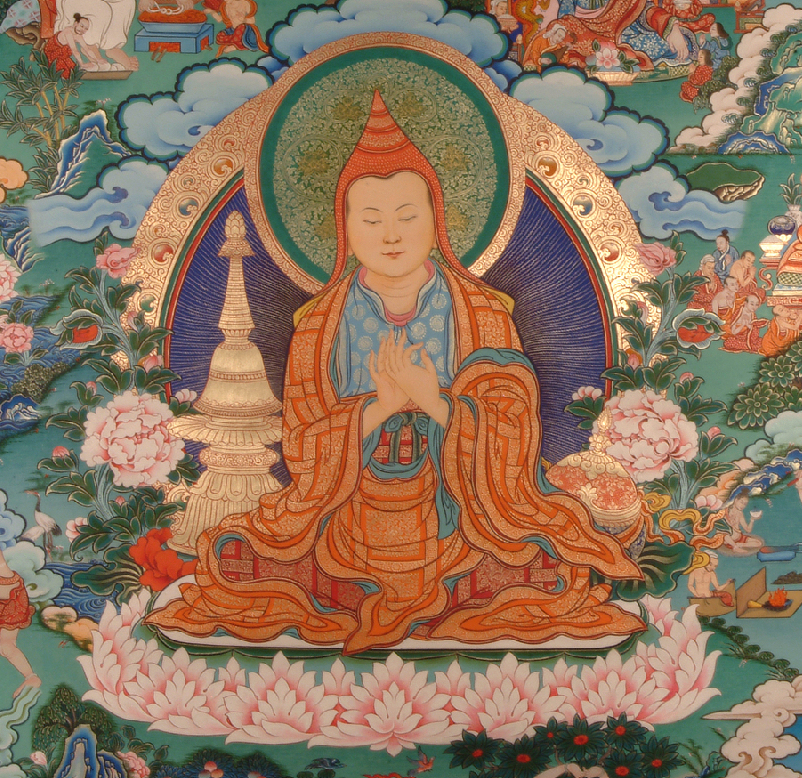What is Buddhism?
The foundation of the teachings is to purely uphold vows of ethical discipline. The heart essence of the teachings is to diligently engage in the activities of meditation and study. The fruition of the teachings is to enact benefit for the welfare of others.
—His Holiness Jigme Phuntsok Rinpoche

Every living being is searching for happiness and trying to avoid suffering. However, when we seek satisfaction in the external world –- people and objects outside of ourselves –- we discover that it never lasts long. All things are impermanent and constantly changing by their very nature, and our inability to recognize this leads us into disappointment and pain. As long as the causes of authentic happiness are absent, and those of suffering are present, nothing we do will ultimately free us from suffering nor bring about lasting contentment.
Buddhism is a spiritual path that seeks to eliminate the causes of suffering and create those of genuine happiness. This is a path taught by buddhas. A buddha is anyone who, by practicing the path, has eliminated their ignorance and disturbing emotions, which are the root causes of suffering. To accomplish this, buddhas have awakened to the ultimate nature of reality, which is resplendent with positive qualities.
The Buddhist path is the gradual process of cultivating the causes of happiness and eliminating those of suffering within our own minds. Three principles form the basis of the path: the determination to be free of the cycle of suffering known as samsara, great compassion, and wisdom. With this basis, the practitioner tames their own mind, refining away its flaws and revealing its innate positive qualities. We benefit ourselves by eliminating the causes of suffering and attaining ultimate happiness, and we benefit others through actions that spontaneously manifest from having perfected the qualities of love, compassion, and wisdom.
The Buddha’s teachings and practice can be summed up in two points:
- The view of interdependent origination
- The conduct of doing no harm
The view of interdependent origination means we understand that everything occurs due to cause and result. All causes have results, and all results are linked to causes; everything that occurs does so as a result of its specific causes and conditions. The root cause of our experience of samsara is ignorance (the nonrecognition of our own true nature), from which arises our disturbing emotions and their subsequent actions (karma in Sanskrit). Hence, the path is a series of methods for decreasing the negative thoughts, emotions, and actions that cause suffering, while cultivating positive thoughts, qualities, and wisdom, which result in happiness.
The conduct of doing no harm means that we base our actions on avoiding harm to other beings. Living beings are called sentient beings because they have mind, which is conscious and aware, and hence they experience sensations of pleasure and pain. Like us, all sentient beings seek positive sensations and try to avoid painful ones. Even tiny creatures such as ants move toward pleasure and away from pain. With this perspective –- that all beings want happiness and seek to avoid suffering –- Buddhists strive to engage in actions that are positive and to refrain from those that are harmful.
For a more in-depth description of the progression of the Buddhist path of practice, see Taming the Mind.



